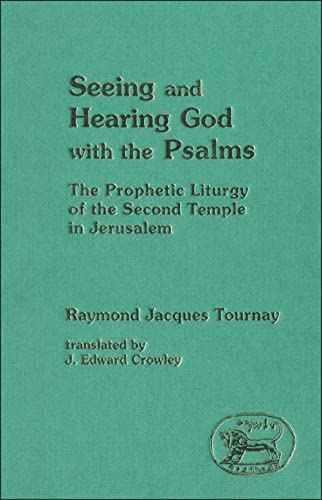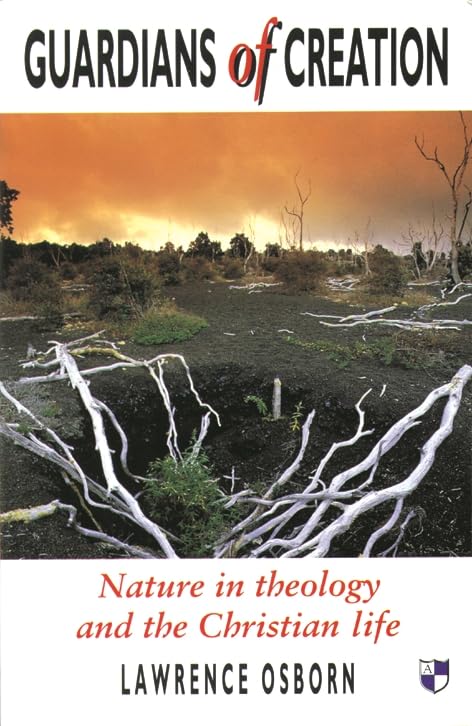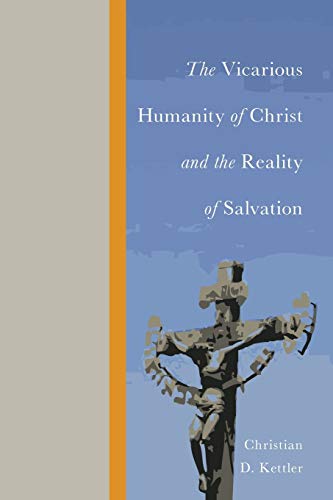Divine Disclosure: An Introduction to Jewish Apocalyptic
Written by D.S. Russell Reviewed By Ian PaulThis is not Dr Russell’s first book on apocalyptic literature. He has written on the book of Daniel, but is probably best known for his earlier works on intertestamental apocalyptic, Between the Testaments (1960) and The Method and Message of Jewish Apocalyptic (1964). As I read this new book of his, I wondered whether I would discover a fresh approach, or a restating of the old position, and I am afraid to say that I was a little disappointed. Perhaps a radical change is too much to expect from someone who first wrote on this subject over 30 years ago.
The book itself is easy to read and well structured, with all of the fairly short sections listed in the index—it is easy to find one’s way around. It also has a useful introductory bibliography that includes a number of standard works and articles, though it does not list many recent works. The indexes are fairly comprehensive, covering texts, authors and subjects.
After a comment on the renewal of interest in apocalyptic, Dr Russell’s first section is on the identification of the literary genre ‘apocalyptic’, an essential area to be included in any discussion of the subject today. This is followed by a discussion of the possible origins of apocalyptic, both in terms of historical context and in terms of theological continuity. The discussion of the nature of apocalyptic groups then runs into the next section, which looks at the different apocalyptic texts, focusing especially on 1 Enoch, Daniel and Jubilees as examples of the variety within apocalyptic.
The fourth section considers the question of revelation, outlining the context of the prevailing understandings of revelation (through prophecy and Torah) into which apocalyptic fits, before considering modes and media of revelation within apocalyptic. This includes Dr Russell’s longest single discussion in the book, on the problem of pseudonymity. He then examines the content of apocalyptic revelation, and allows a further separate section on the subject of dualism and apocalyptic. This is a welcome allowance, since the dualistic nature of apocalyptic is still much misunderstood. The last two sections focus on the Christian perspective, first on the understanding of ‘Messiah’ and ‘Son of Man’ and then on questions of interpretation.
There are small irritations throughout. Some of the footnote references are incomplete, and Dr Russell’s terminology seems unnecessarily inconsistent. If the Qumran ‘Book of Testimonies’ is ‘4Q Testimonia’, why is the War Scroll not ‘4QM’? And why is 1 Enoch 37–71 sometimes called ‘The Similitudes’ and at other times called ‘The Parables’? Small irritations indeed, but I am sure that an enthusiastic source critic would have a field day.
More importantly, the organization of the material really does not work: arguments about origin and authorship are so tied up with the contents of the books that they must be dealt with in a different order—either by date (so G.W.E. Nickelsburg), or by book (so J.J. Collins), or at least introducing the contents of the books before speculating as to origin (so C.C. Rowland). Since Dr Russell does not have the space in this short volume to justify all his assumptions and arguments, comments such as ‘we have already seen …’ and ‘we shall see that …’ pepper the text of the first half of the book, and it is sometimes difficult to know whether or not the argument has been set out clearly.
How has Dr Russell’s thinking developed since his earlier work? He notes at least three areas where his opinion has changed: on the question of genre, on the idea of a Hebrew ‘corporate personality’ as a solution to the problem of pseudonymity, and in his understanding of the significance of ‘Son of Man’. Whilst he is clearly in touch with some of the recent developments in each of these areas, it is not clear that he has allowed them to challenge his own argument. For instance (p. 12), he criticizes Christopher Rowland’s proposed definition of the genre on the grounds that it changes the selection of books that we can properly call ‘apocalyptic’. Now, if a change in the definition of a criterion does not change what is selected, I am not sure what its value is. But Dr Russell wants to keep to the same group of texts, and as a result ends up with quite separate definitions for ‘apocalypse’ and ‘apocalyptic literature’, leaving us unsure as to what to do with the ‘apocalyptists’ when they crop up.
Again, Dr Russell acknowledges (pp. 66–67) the flaws in his idea of ‘corporate personality’, but this does not put him off restating a more or less unchanged position, defending the apocalyptists (almost as if they were all canonical) without really tackling the ‘deception or delusion’ dilemma that pseudonymity seems to pose. The discussion of ‘Son of Man’ is too brief to be significant.
I was left wondering who this ‘brief introduction’ was aimed at. It is not really clear enough for the newcomer, but it is not rigorous enough for the theologian. The absence of comment on the debate about the dating of the book of Daniel, for instance, is a surprising omission, and the material on interpretation is very thin. In the preface to an earlier work, Dr Russell laments his absence from the ‘discipline of the lecture room’, and I feel that it shows here. Nevertheless, what remains is an accessible introduction—but for the curious, rather than the serious.
Ian Paul
St John’s College, Nottingham







